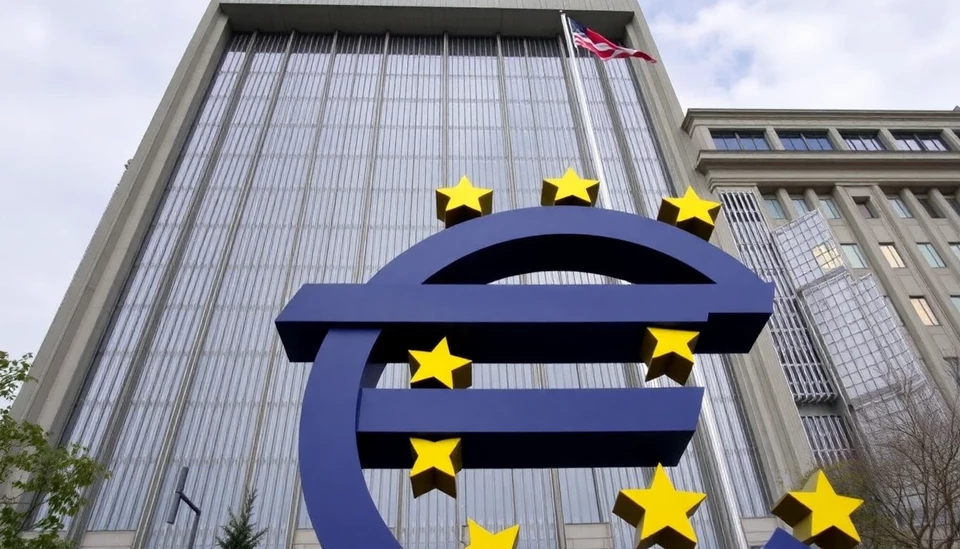
The European Central Bank recently announced that consumer inflation expectations decreased in August. This news is coming at a time when the ECB has been trying to ensure eurozone inflation levels are stabilized. The report details data on the changing economic sentiment by consumers, which is so critical to policymakers.
This downward shift in consumer inflation expectations is coming at a very critical moment when the ECB is more focused than ever on trying to control inflationary pressures. So far, the central bank has implemented various monetary policies aimed at anchoring expectations of inflation and safeguarding economic stability. The most recent figures suggest that such measures may just be beginning to catch on with consumers.
Specifically, the ECB report showed that the inflation rate expected over the next 12 months decreased to 3.4% in August from the earlier high of 3.7%. For the longer term-three years-the expectations declined to 3%, a slight decrease from the earlier estimate of 3.1%. Such adjusted metrics reveal that the adjustment is a modest but meaningful swing of consumer sentiment regarding inflation trends.
It is that important: inflation expectations set the path to consumer behavior, wage negotiations, and ultimately, economic activity in general. A low expectation could signal a fall in spending and investment, hence reduction of inflationary pressures, while the higher expectations may lead to increased spending in order to hedge against future price rises and thus perpetuate inflation.
Fabio Panetta, one of the most important members of the ECB's executive board, underlined just how much that means for the monitoring of such expectations: "Though the recent decline is reassuring, the ECB is still vigilant and determined to reach its inflation objectives." He has once again made it clear that sustained efforts are required so that expectations can be durably aligned with the longer-term aim of the ECB to maintain inflation at 2%.
But more subtly, the new consensus on consumer inflation expectations underlines continued economic challenges: with several economic headwinds affecting the eurozone economy-from geopolitical tensions to disruptions in supply and changes in energy prices-the role of the ECB is only bound to grow immensely important in managing inflation.
However, this report also comes at a time when different economies around the world are experiencing different types of inflation. Relatively, inflation in the United States has also caused the Federal Reserve to continue monitoring and reacting to the trends with policies that suit the American economy. It is vital to note that what was agreed upon by the central banks indicates the interconnectivity of global economic policies and the concerted effort toward economic stability.
Suffice it to say that, given the fact that the ECB is still observing data and thereby instituting measures in tune with the same, all stakeholders-investors, businesses, and consumers-are going to be tuned to these updates. Indeed, what the central bank will be able to do in the respect of keeping monetary policy aligned to the evolving economic conditions will hold great importance for a stable and predictable economic environment in the eurozone.
Stay tuned for further updates as we closely monitor the ongoing efforts by the ECB and their impacts on the broader economic landscape.
#ECB #InflationExpectations #ConsumerSentiment #EurozoneEconomy #MonetaryPolicy #EconomicStability
Author: Rachel Greene




